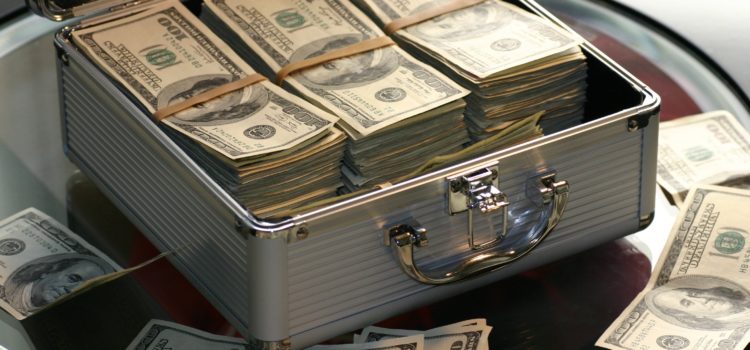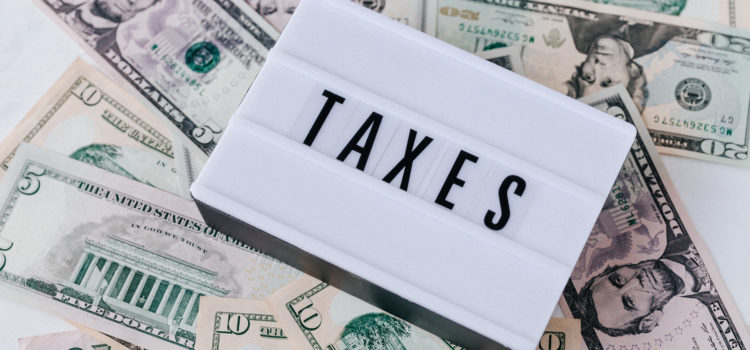What is the purpose of price setting? How does artificial lowering or raising of prices for goods/services affect the economy? Sometimes the government’s efforts to help businesses include raising or lowering the prices of goods. As with other government interventions, price setting throws off the balance of supply and demand and, thus, creates ill effects. In this article, we’ll take a look at some of the most common price setting strategies and how they affect the economy.
Price Setting: Strategies and Effects on the Economy










